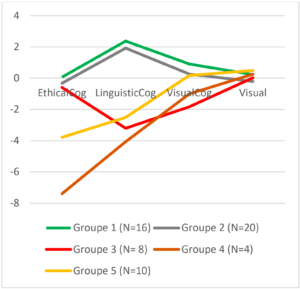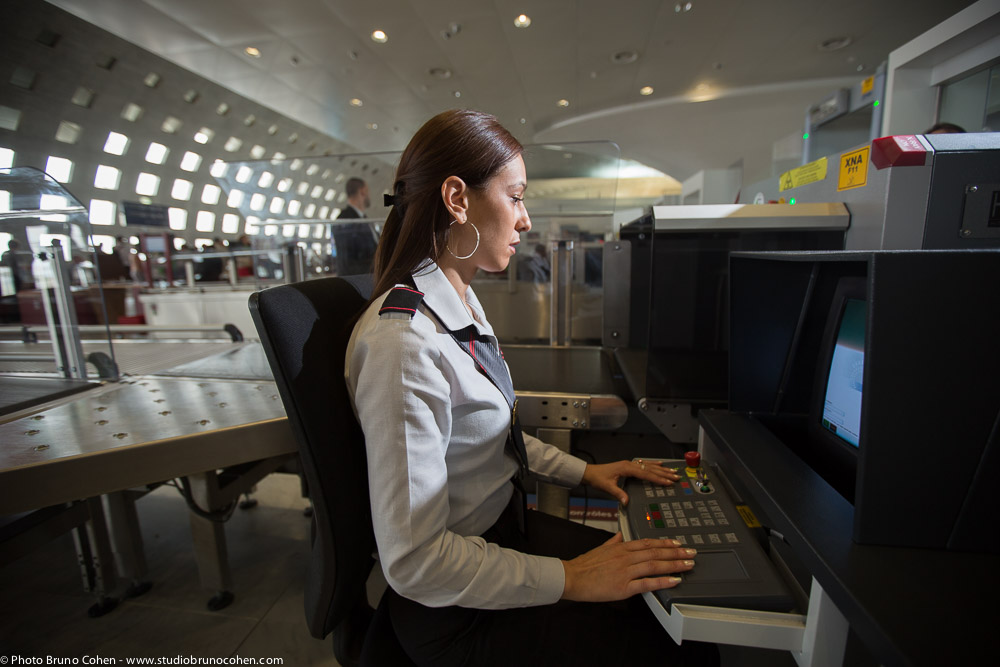A Changing Security Landscape
The security challenges airports face today extend far beyond the traditional concerns of passenger screening and baggage control. In an era marked by rising geopolitical tensions, hybrid threats, and the increasing sophistication of cyberattacks, airports have become both strategic infrastructures and high-value targets. The need for resilient, adaptable, and ethically sound security personnel has never been greater.
As global stability is being redefined, the words of the French President earlier this year resonate: “The innocence of the last thirty years since the fall of the Berlin Wall is over. Europe must take its security into its own hands.” This shift in perspective applies to national defense and the fabric of security management within critical infrastructures. As key gateways of mobility, airports must anticipate emerging threats, not simply react to them.
Yet, traditional methods for recruiting airport security personnel have not evolved as quickly as the threats they are meant to mitigate. While necessary, standard background checks and basic skills assessments are no longer sufficient to identify vulnerabilities. A more predictive and intelligence-driven approach is required.
Lessons from Paris 2024: A New Recruitment Paradigm
The Paris 2024 Olympic Games provided a unique testing ground for a predictive preselection model developed by LOGYX to address the limitations of conventional hiring practices. The initiative was driven by a fundamental question: How can we ensure that security personnel are technically proficient and psychologically equipped to handle high-pressure scenarios and resist external manipulations?
LOGYX deployed a new behavioral intelligence framework to answer this while recruiting security volunteers assigned to airport infrastructures. Moving beyond traditional criteria, this approach incorporated real-time stress testing, ethical decision-making evaluations, and cognitive resilience assessments. The goal was to detect weaknesses before hiring, ensuring that only the most reliable and resilient individuals were entrusted with airport security responsibilities.
The findings were striking. While traditional recruitment filters failed to distinguish between high-potential candidates and high-risk individuals, the predictive model successfully identified five distinct security profiles, revealing previously undetected vulnerabilities. Despite strong technical abilities, specific candidates exhibited low-stress resilience, susceptibility to influence, or poor ethical judgment—critical weaknesses in high-stakes environments. Others, with exceptional cognitive agility, lacked the leadership qualities necessary for crises. These insights underscored the need to move from static hiring criteria to a dynamic, intelligence-led recruitment strategy.

Adapting Recruitment to a New Reality
As the global security environment continues to evolve, so must the way we select, train, and manage those responsible for protecting airport infrastructures. The results from the Paris 2024 initiative point to three fundamental imperatives for the future of airport security recruitment.
First, integrity and behavioral resilience must become central selection criteria. Security risks are no longer confined to external threats; insider vulnerabilities pose a growing challenge. Identifying early warning signs of ethical compromise or stress-related failure before recruitment is now essential.
Second, a predictive recruitment framework should be integrated across European airports to standardize security personnel selection. Airports face interconnected risks, and fragmented recruitment practices only create weak links within the broader security ecosystem. By adopting common assessment methodologies, airport operators can ensure a consistent and reliable security workforce.
Finally, the recruitment process must be reconceived as an ongoing, intelligence-driven operation rather than a one-time evaluation. The individuals tasked with securing airports must be continuously assessed and supported to refine their competencies and detect any evolving vulnerabilities.
Looking Ahead: Building a Resilient Workforce
The Olympic Games catalyzed rethinking security recruitment, but the implications extend far beyond one event. The world is entering an era where threats are more complex, adversaries are more strategic, and security must be built from within. Airports must not merely react to risks but anticipate them through strategic personnel selection.
LOGYX’s predictive preselection tool marks a turning point in this approach, leveraging behavioral intelligence to ensure that those entrusted with security are skilled and psychologically prepared for the challenges ahead. This methodology is not just about improving hiring processes; it is about creating a more resilient security culture where vulnerabilities are identified before they become threats.
As new challenges emerge globally, one question remains: Are today’s airport security teams ready for tomorrow’s crises? The answer will depend not just on technology or infrastructure but also on the ability to select, develop, and retain the right people before the risks materialize.
